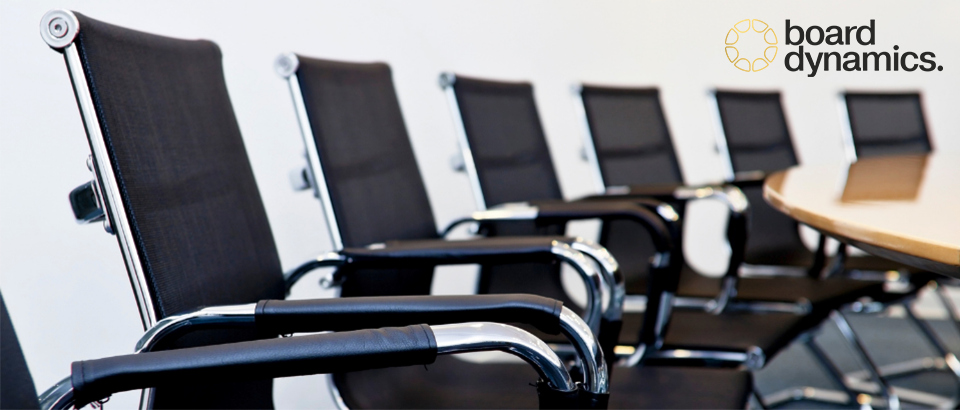Climate Risk in the Boardroom.

Climate Risk in the Boardroom.
Tuesday 26 November, 2019
Q&A with Rob Campbell
Rob Campbell spoke recently at MinterEllisonRuddWatts’ annual Corporate Governance Symposium where a few experienced directors responded to the urgent challenge of climate risk. Rob’s presentation was a standout.
Henri Eliot asked Rob Campbell to share key points from his presentation with me.
Rob told the audience that he applauded the many initiatives which are being taken by business individually and in groups to meet the enormous challenges in front of us. He feels that the “unfortunate thing is that I do not think we are doing enough in a timely manner. Doing more, more precisely and more promptly is essential. There is no way through this which will not cause significant hurt. The thing is that the opportunity cost of not accepting the hurt now, not embracing the hurt as the legitimate price of survival, is extreme. You may not care much about species extinction when it is a snail, but you will when it is you or your grandchildren”.
First, “more promptly — means that we cannot wait for political consensus. If something we can see is needed and is capable of being done, we must do it whether there is consensus at a political level or not. Business is good at breaking moulds, creating new ways of doing things. If ever there was a need for the “creative destruction” which has characterised capitalism, then it is now. Capital wants to grow, and to grow it must survive. It will adapt if we recognise and act on the signals”.
Second, “more precisely — means that small initiatives and large which work effectively are less likely to come from centralised national or industry planning than from decentralised science and enterprise. This is not broad-brush stuff. It is about precisely directed actions which make a difference. If we succeed it will because many have dared to try things. These initiatives will be targeted at practices and products which are intimately understood at a micro level. This is where business operates best, at the margin of change and innovation”.
Finally– “on the other hand we must not fear scale. If we succeed it will be because we have made massive changes in what we do and where and how we do it. Changes that will dwarf the scale and speed of change in the post-World War 2 period which itself was unprecedented in history. Think about that…a period of deliberate change, activated by people, aimed at global survival, faster than any level of change the planet has ever seen before. A period which can make the Anthropocene era one to be proud of. MAGA might cease to represent Donald Trump and become Make the Anthropocene Great Again”.
Rob adds: “What an exciting prospect. Think about how your business will participate. The opportunities are as boundless as the threat, but we must recognise also recognise that not all current businesses will survive”.
He concludes with that in many cases our boards and management will have to change because they are not the right fit for the new world. I urge you to be decisive about this now, not when it is too late. Let’s commit to making this a headline item on our board agendas going forward. I have sent these notes to each of my Chief Executives requesting that they make agenda adjustments accordingly. I have great confidence that they will do so and that my boards will take up the challenge”.
Every few months, I will continue to write on Climate Risk and Sustainability Leadership.
Henri Eliot is CEO of Board Dynamics and author of Board Shorts. Rob Campbell is a professional director.



